When it comes to designing the perfect shower space, choosing the right materials is crucial for durability and style. Ceramic and porcelain tiles are two popular options that offer durability, aesthetic appeal, and practicality in a wet environment. In this article, we will delve into the features, advantages, and considerations of ceramic tile and porcelain tile in the shower to help you make an informed decision. 1. Material Composition: Both ceramic and porcelain tiles are made from different types of clay, minerals, and water. However, their manufacturing processes and ingredient ratios vary, resulting in distinct characteristics. Ceramic tiles are kiln-fired clay tiles with a porous composition, while porcelain tiles, made from refined clay, are subjected to higher temperatures, densifying and strengthening them.
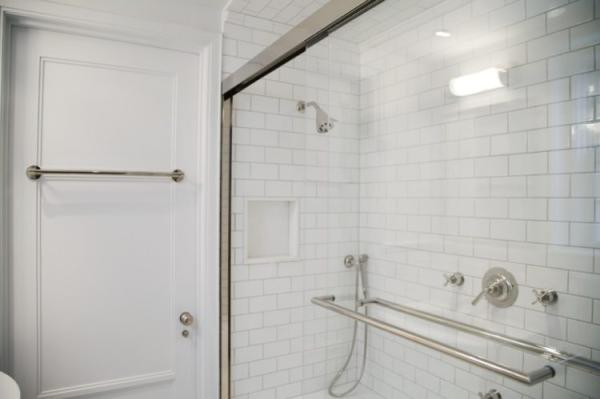
.
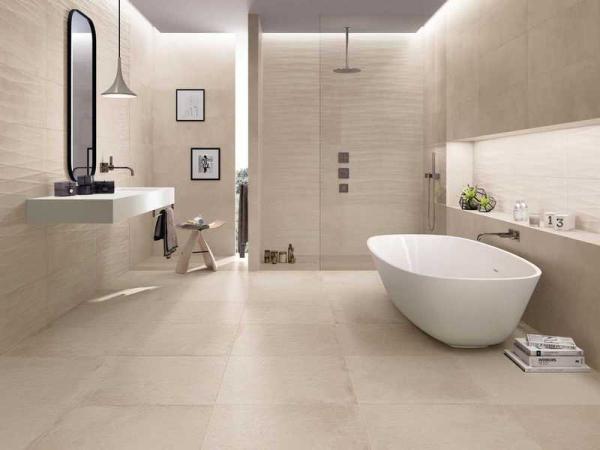 2. Durability: Thanks to their denser composition, porcelain tiles are typically more durable and resistant to moisture, stains, and chips compared to ceramic tiles. Porcelain tiles have an absorption rate of less than 0.5%, making them an excellent choice for high-moisture areas like showers. On the other hand, ceramic tiles, while durable, are more prone to absorption and may require additional sealing to prevent moisture-related issues. 3. Style and Design: Both ceramic and porcelain tiles offer a vast array of colors, patterns, and textures, allowing you to achieve any desired style or aesthetic in your shower. Ceramic tiles often display vibrant colors, intricate designs, and a softer, more porous appearance, while porcelain tiles offer a more refined and uniform look. The choice ultimately depends on your personal preference and the overall bathroom design.
2. Durability: Thanks to their denser composition, porcelain tiles are typically more durable and resistant to moisture, stains, and chips compared to ceramic tiles. Porcelain tiles have an absorption rate of less than 0.5%, making them an excellent choice for high-moisture areas like showers. On the other hand, ceramic tiles, while durable, are more prone to absorption and may require additional sealing to prevent moisture-related issues. 3. Style and Design: Both ceramic and porcelain tiles offer a vast array of colors, patterns, and textures, allowing you to achieve any desired style or aesthetic in your shower. Ceramic tiles often display vibrant colors, intricate designs, and a softer, more porous appearance, while porcelain tiles offer a more refined and uniform look. The choice ultimately depends on your personal preference and the overall bathroom design.
..
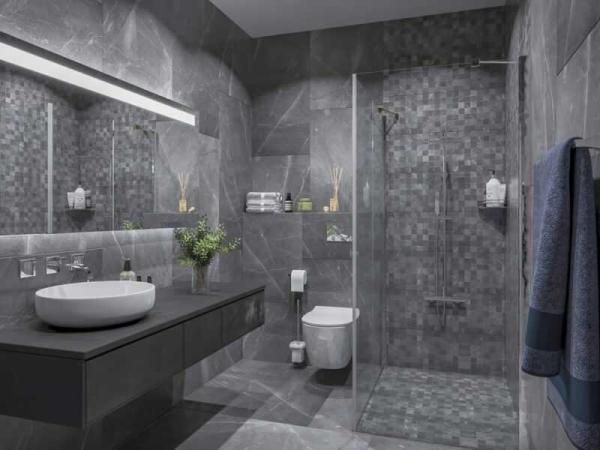 4. Maintenance and Cleaning: Porcelain tiles have a distinct advantage when it comes to maintenance. Their high density makes them easier to clean, requiring only regular sweeping and occasional mopping. However, both ceramic and porcelain tiles benefit from proper maintenance to prevent grout buildup and potential discoloration. Regular sealing of grout lines is recommended to enhance longevity and safeguard against mold and mildew. 5. Cost Considerations: Ceramic tiles are generally more cost-effective than porcelain tiles, making them an appealing option for those on a budget. However, it’s important to remember that the durability and longevity of porcelain tiles often justify their initial higher cost. Additionally, porcelain tiles’ stain and moisture resistance may result in savings over time, as they require fewer replacements or repairs.
4. Maintenance and Cleaning: Porcelain tiles have a distinct advantage when it comes to maintenance. Their high density makes them easier to clean, requiring only regular sweeping and occasional mopping. However, both ceramic and porcelain tiles benefit from proper maintenance to prevent grout buildup and potential discoloration. Regular sealing of grout lines is recommended to enhance longevity and safeguard against mold and mildew. 5. Cost Considerations: Ceramic tiles are generally more cost-effective than porcelain tiles, making them an appealing option for those on a budget. However, it’s important to remember that the durability and longevity of porcelain tiles often justify their initial higher cost. Additionally, porcelain tiles’ stain and moisture resistance may result in savings over time, as they require fewer replacements or repairs.
…
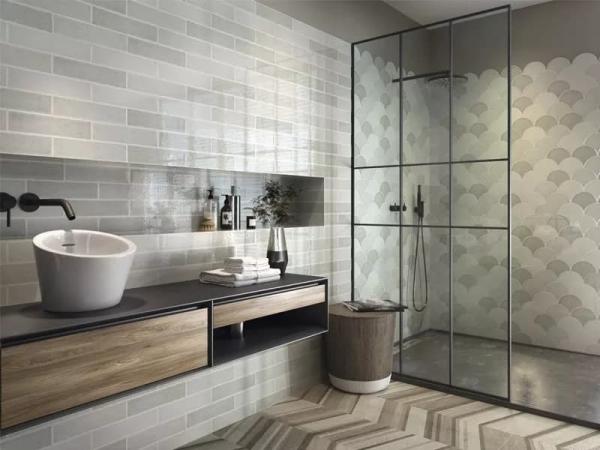 6. Slip Resistance: Another crucial consideration for shower tiles is slip resistance. Although both ceramic and porcelain tiles can be manufactured with slip-resistant surfaces, porcelain tiles, with their lower absorption rate, have an inherent advantage in reducing the risk of slips and falls, especially in wet conditions. Conclusion: Both ceramic tile and porcelain tile offer unique qualities and advantages for shower installations. While ceramic tiles excel in terms of cost and design versatility, porcelain tiles shine with their enhanced durability and stain resistance. Ultimately, the choice hinges on your specific needs, style preferences, and budget constraints. Whichever option you choose, proper maintenance and installation by professionals will further ensure the longevity and beauty of your shower space.
6. Slip Resistance: Another crucial consideration for shower tiles is slip resistance. Although both ceramic and porcelain tiles can be manufactured with slip-resistant surfaces, porcelain tiles, with their lower absorption rate, have an inherent advantage in reducing the risk of slips and falls, especially in wet conditions. Conclusion: Both ceramic tile and porcelain tile offer unique qualities and advantages for shower installations. While ceramic tiles excel in terms of cost and design versatility, porcelain tiles shine with their enhanced durability and stain resistance. Ultimately, the choice hinges on your specific needs, style preferences, and budget constraints. Whichever option you choose, proper maintenance and installation by professionals will further ensure the longevity and beauty of your shower space.
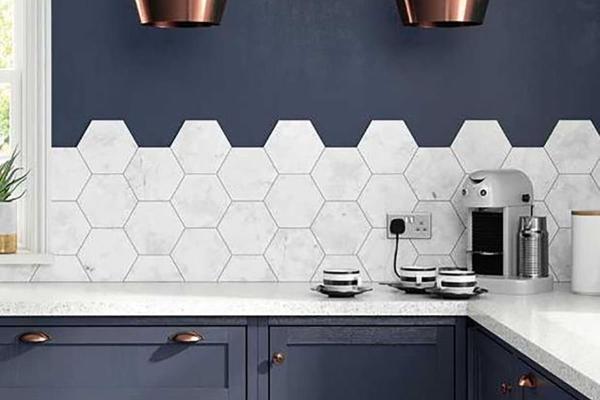
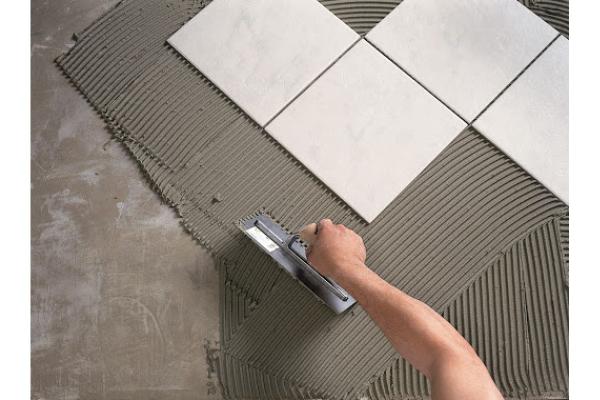
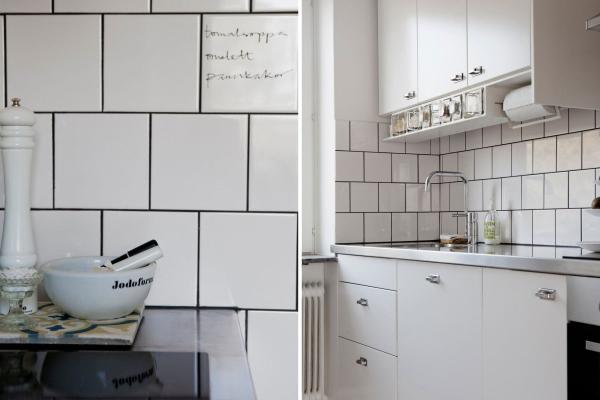
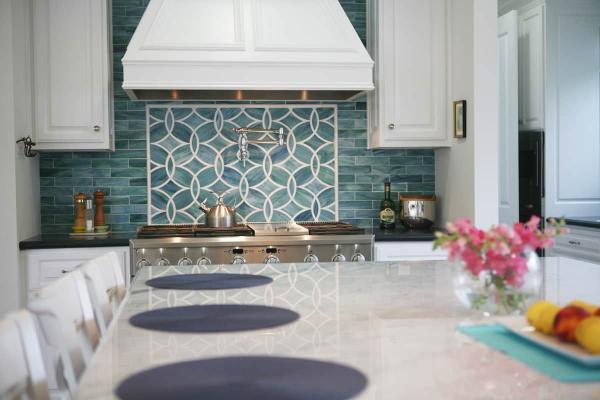
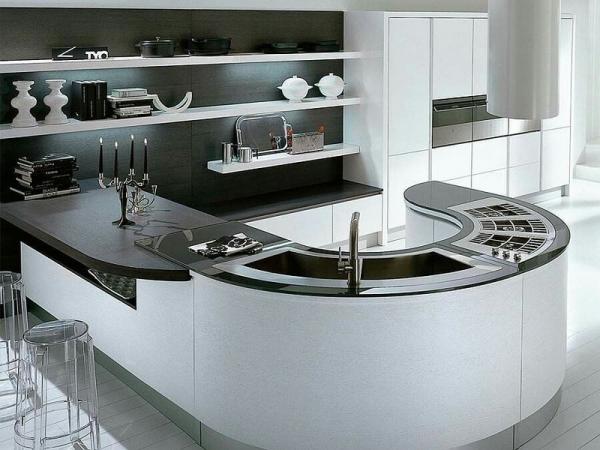
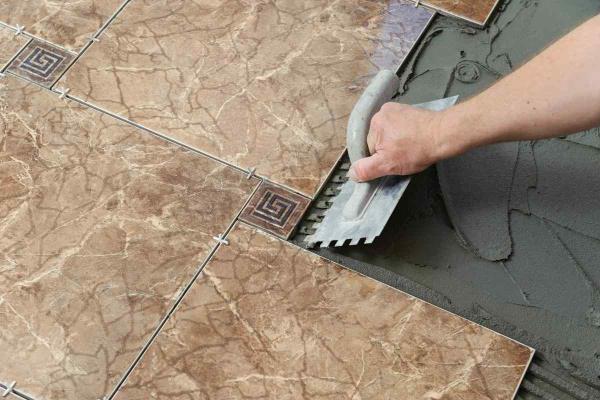
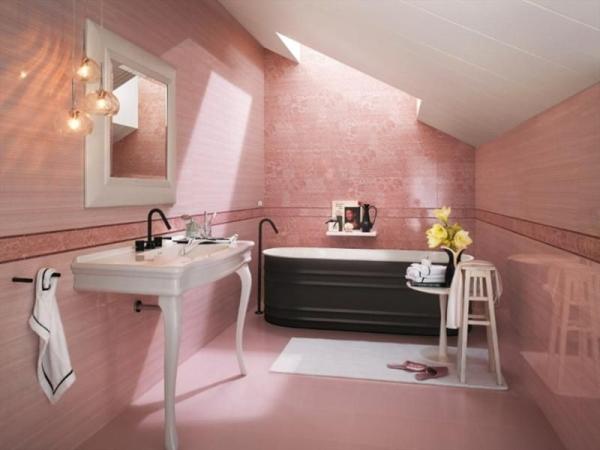
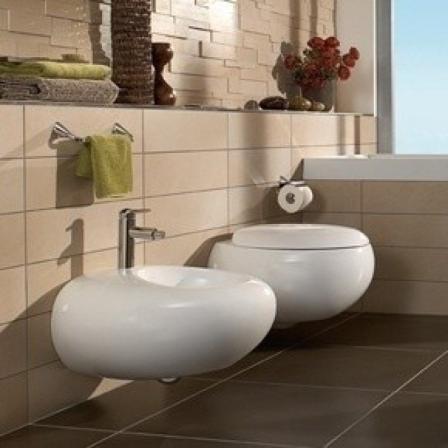
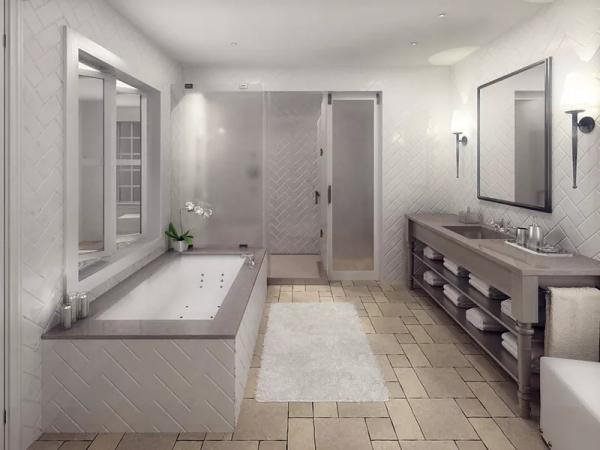
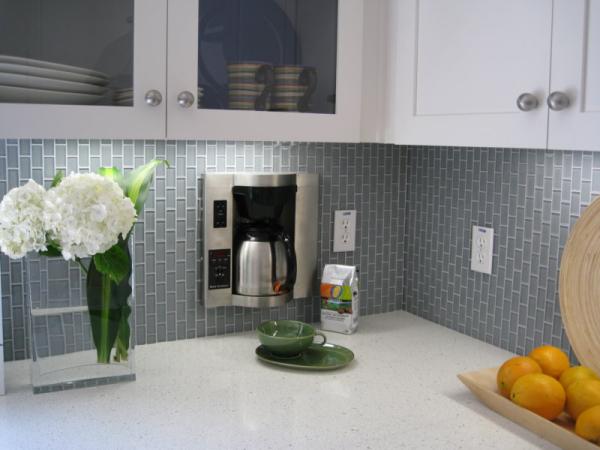
Your comment submitted.